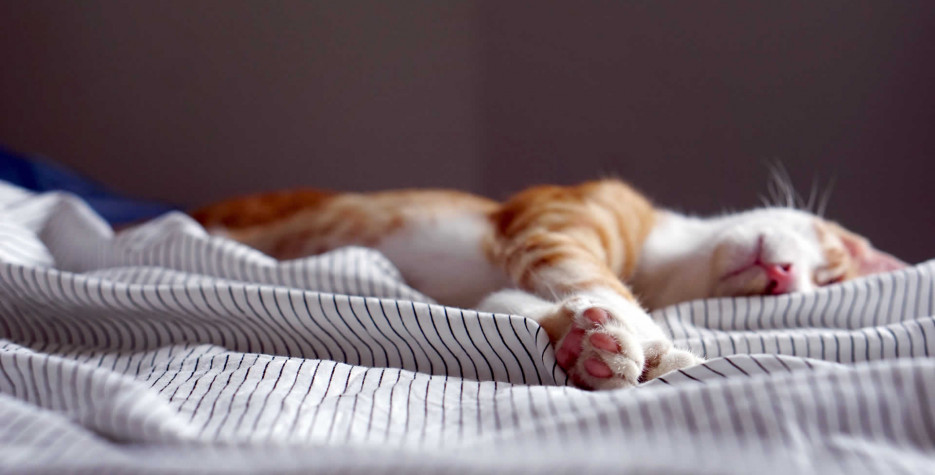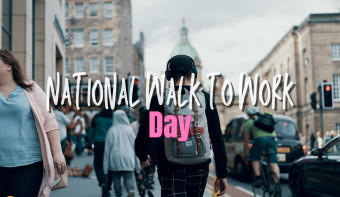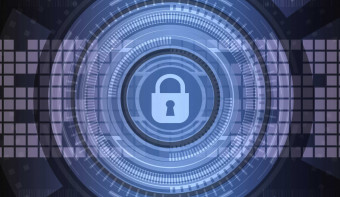About National Napping Day
With the clocks going forward, you lost an hour of sleep. National Napping Day encourages people, both old and young, to set aside time during the day to catch up on some of that missed sleep.
Also called National Siesta Day, the day was the brainchild of former Boston University professor William Anthony, who wanted all of us to realize the health benefits of catching some quality snooze time.
The purpose of the holiday is to compensate for the quantity of sleep lost due to the time change. Studies indicate that people are already at their most exhausted and sleep-deprived after the end of daylight savings time. The change of the hour is significant, but National Napping Day can make you feel as though nothing has changed.
It might sound like being lazy, but taking a nap can be beneficial for many people. Napping can help to improve alertness, reduce fatigue, and enhance cognitive functioning, including memory consolidation and learning.
Research has shown that even short naps of 20-30 minutes can lead to improvements in cognitive performance, mood, and energy levels. Longer naps of 60-90 minutes can provide additional benefits, such as improved memory and creativity.
However, the optimal length and timing of a nap may vary depending on the individual's sleep needs and schedule. It's important to be mindful of the potential negative effects of napping, such as disrupting nighttime sleep, and to find a balance that works best for you.
How to take a Nap
Here are some tips on how to take a nap effectively:
Find a quiet and comfortable place: Choose a place where you can rest without interruptions and where you feel comfortable. Ideally, the room should be cool, dark, and quiet.
Time your nap: The length of the nap is important. Shorter naps (20-30 minutes) are ideal for boosting alertness and energy, while longer naps (60-90 minutes) can improve memory and creativity. Avoid taking naps later in the day as it can interfere with nighttime sleep.
Relax: Before you take a nap, try to relax your mind and body. Take a few deep breaths, stretch your muscles, or do some light yoga or meditation.
Use a sleep mask or earplugs: If you have trouble sleeping in a noisy or bright environment, consider using a sleep mask or earplugs to block out the noise and light.
Set an alarm: To avoid oversleeping, set an alarm to wake you up at the end of your desired nap length.
Don't feel guilty: Remember that napping is a healthy and natural way to recharge your body and mind. Don't feel guilty about taking a nap when you need one.
Similar Observances
National Walk to Work Day 🚶♀️
Read More
Other Observances on March 9th 2026
Commonwealth Day
Read More











